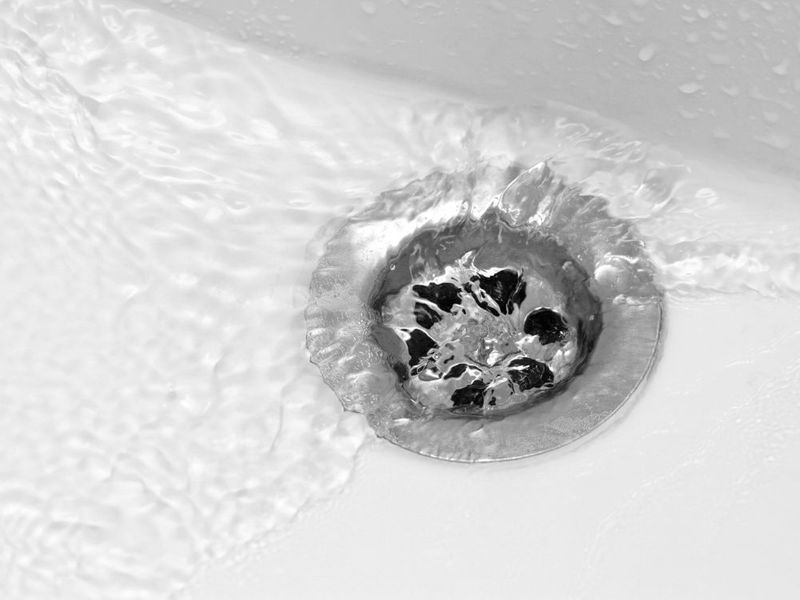Residential Drain Cleaning Services in Northshore
Expert Drain Cleaning
Top Rated Drain Cleaning Services in Massachusetts
Top Rated Drain Cleaning Solutions
Plumr offers expert drain cleaning solutions for homeowners in the North Andover, MA. Using advanced techniques and equipment, we ensure your drains are thoroughly cleaned and free from blockages. By partnering with trusted specialists, we provide top-tier drain cleaning services, ensuring the job is done right the first time. Trust PLUMR for professional and reliable drain cleaning solutions that keep your plumbing system running smoothly.
Plumr offers expert drain cleaning solutions for homeowners in the North Andover, MA. Using advanced techniques and equipment, we ensure your drains are thoroughly cleaned and free from blockages. By partnering with trusted specialists, we provide top-tier drain cleaning services, ensuring the job is done right the first time. Trust PLUMR for professional and reliable drain cleaning solutions that keep your plumbing system running smoothly."
Drain Repair and Maintenance
PLUMR offers comprehensive drain repair and maintenance services to keep your plumbing system in top condition in Northshore, MA. Whether you're dealing with a clogged drain, slow drainage, or recurring blockages, our experienced technicians have the tools and expertise to resolve any issue quickly and effectively. We provide routine maintenance to prevent future problems and ensure your drains are functioning optimally. With PLUMR, you can expect prompt, professional service that helps maintain the health and efficiency of your plumbing system.

Signs You Need Drain Cleaning
Slow drainage in sinks or tubs
Gurgling sounds from drains
Foul odors coming from drains
Multiple clogged fixtures
Water backing up in sinks or showers
What our customers are saying
Prompt And Friendly
"We love working with Plumr. We have had them do a number of projects. It is easy to schedule an appointment online. They are always prompt and friendly. They do a great job. We highly recommend them."
~ Yvonne H
Good Quality Workmanship
"Everyone at Plumr was very pleasant to deal with. They were knowledgeable and very responsive. Good quality workmanship and offered high quality equipment."
~ Brian F
I Am Very Happy
"As always, I am very happy with the quality of the work performed by Plumr. They are very responsive and I always feel in good hands with Nick and his team! Thank you thank you. Still a very happy and loyal customer!"
~ Giovanna F
Get Started
Don't let clogged drains disrupt your daily routine. Contact Plumr to schedule a residential drain cleaning service in North Shore and experience the exceptional care and expertise that Plumr is known for. Trust Plumr to keep your drains clear and your home running smoothly!

